Data Vis Dispatch, February 18: German election polls, corruption, and tariffs
February 18th, 2025
9 min
This article is brought to you by Datawrapper, a data visualization tool for creating charts, maps, and tables. Learn more.
The best of last week’s big and small data visualizations
Welcome back to the 158th edition of the Data Vis Dispatch! Every week, we publish a collection of the best small and large data visualizations we find, especially from news organizations — to celebrate data journalism, data visualization, simple charts, elaborate maps, and their creators.
Recurring topics this week include wealth, youth, and regional elections in Germany.
We start this week with money — lots of it (and not just because we recently published a Weekly Chart on the subject ourselves). Huge amounts of money are pouring into college football and shaping championships. The Guardian tries to make sense of the big numbers that come with high salaries:
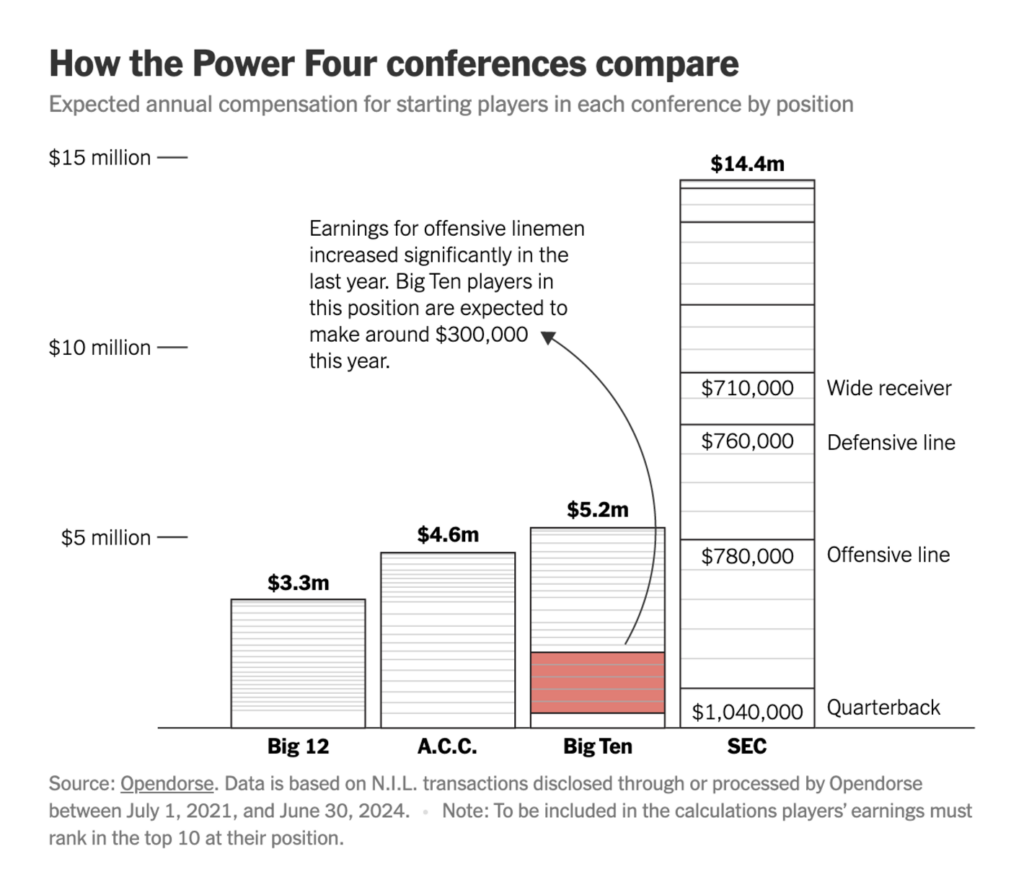
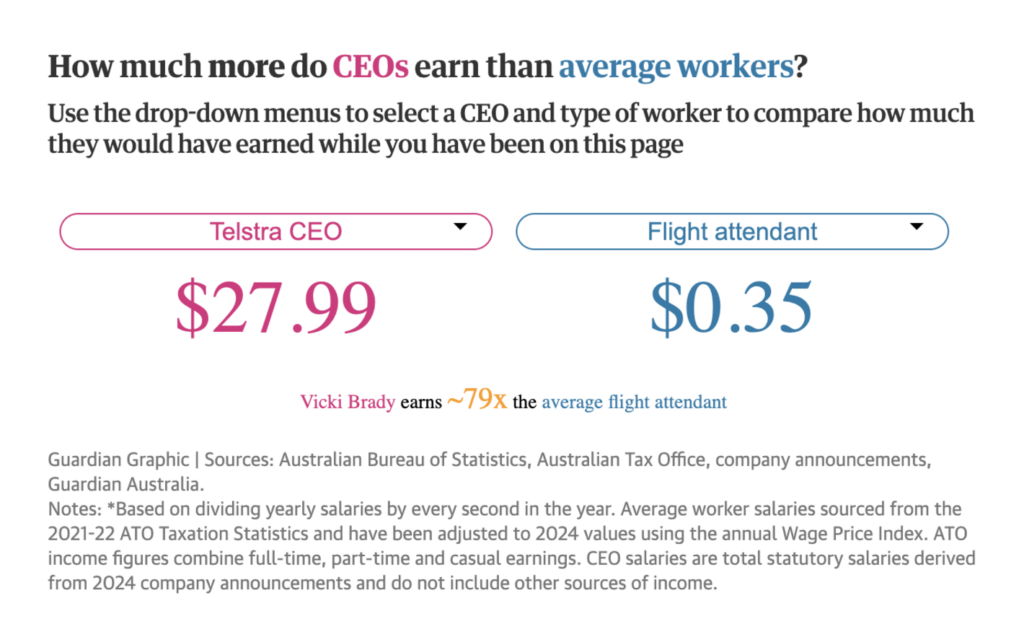
Let’s stay in the microcosm of money, which is not just a microcosm, because it ranges from topics like the wages of the Hungarian population to job offers, and how these developed after the pandemic. In between we find government spending on research and how it pays off in quality (spoiler: for South Korea not as well as planned), and one of our biggest cost factors: rent:
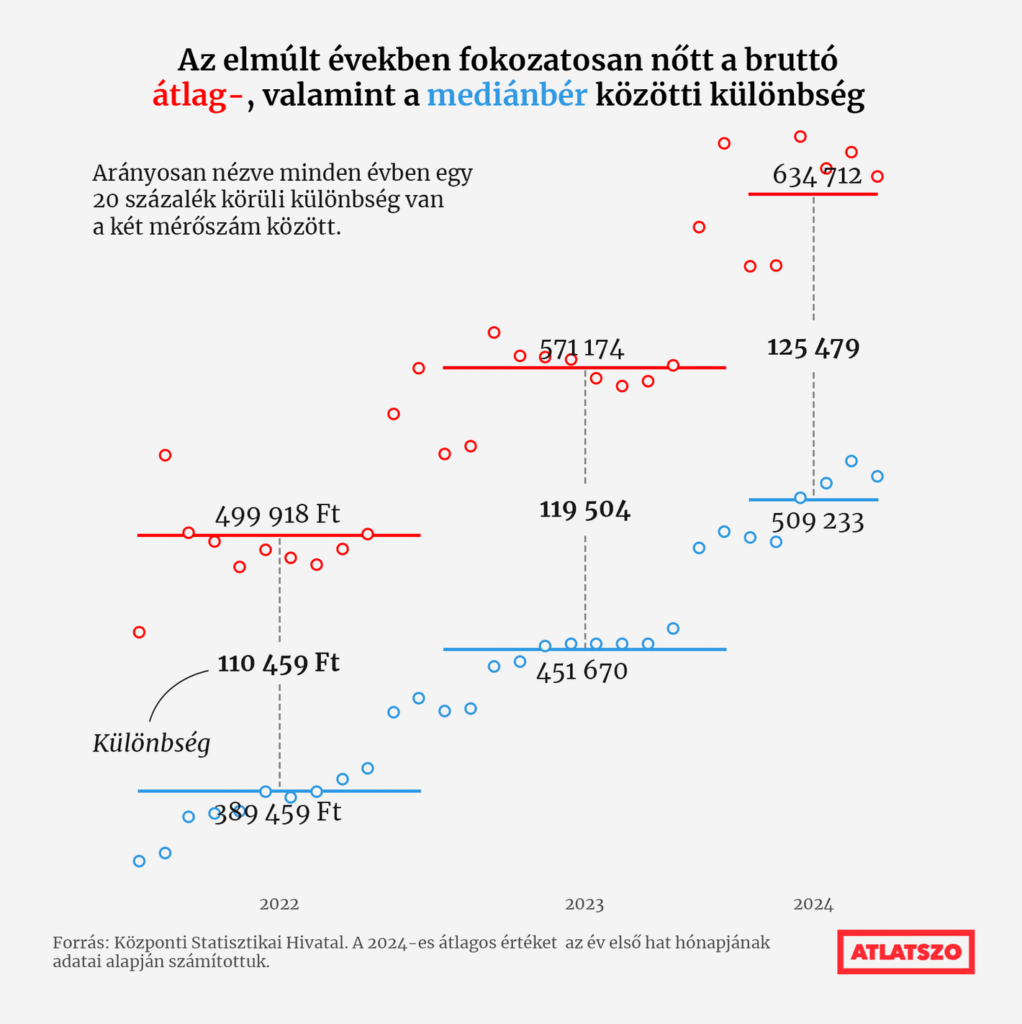
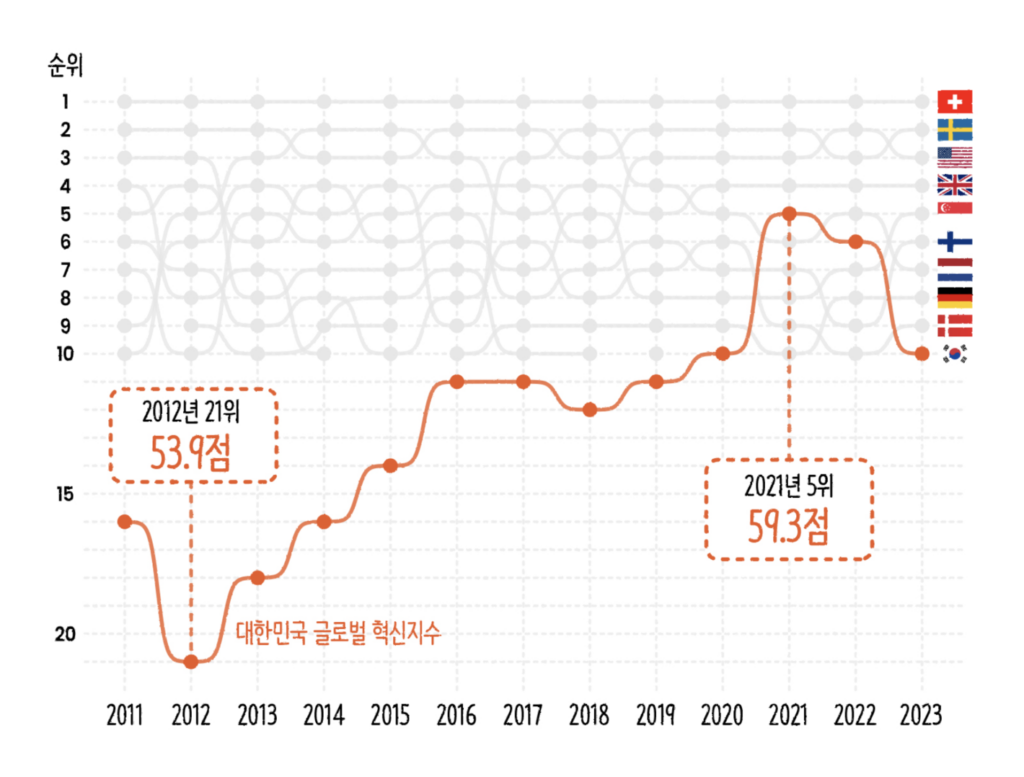
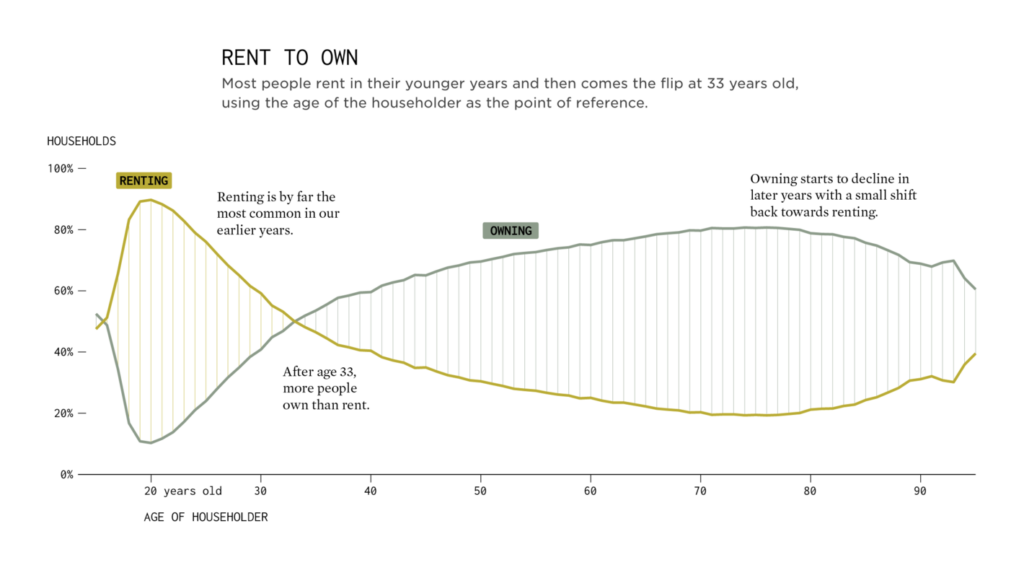
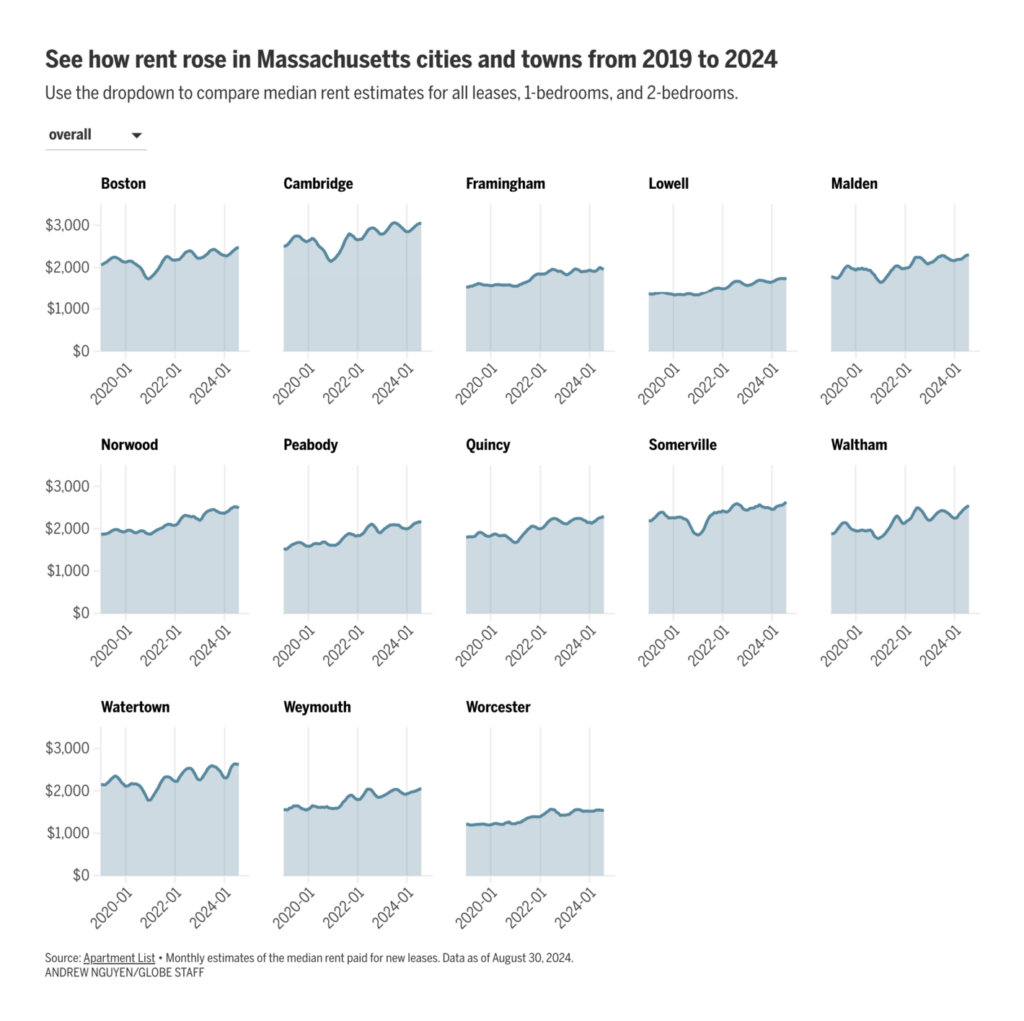
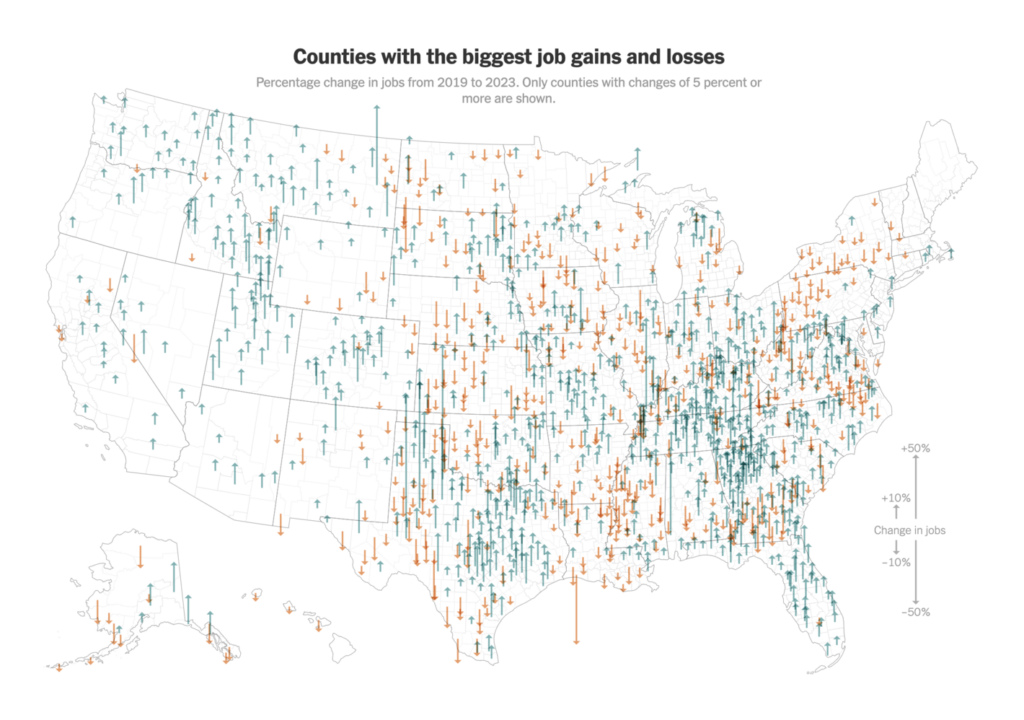
Drum roll for the topic we have all been waiting for: elections. This week it’s Germany’s turn. But first, let’s take a look at previous elections: In Venezuela, former President Maduro falsely claimed victory. Data is still missing:
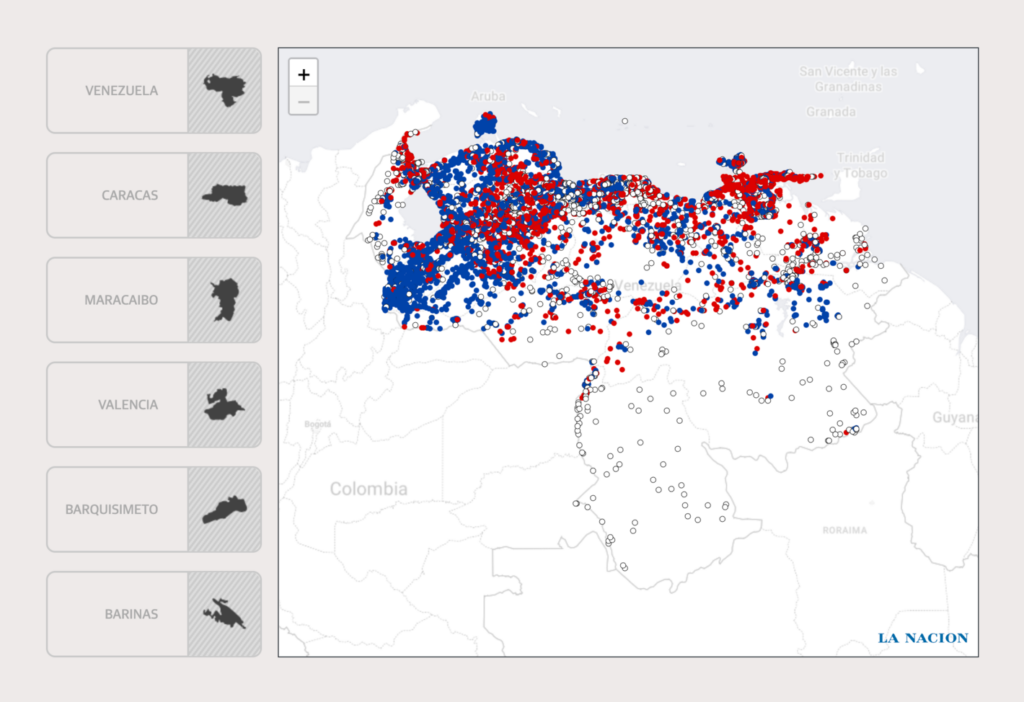
And upcoming elections: Sri Lanka holds presidential elections on September 21, followed by municipal elections in Brazil in early October. And then there are the ubiquitous U.S. elections in November:
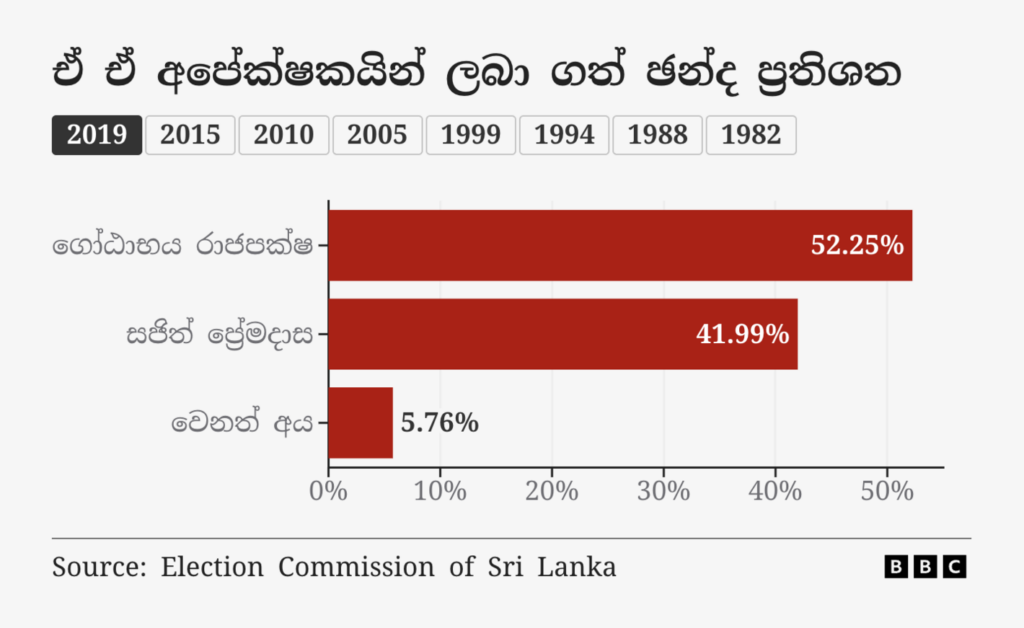
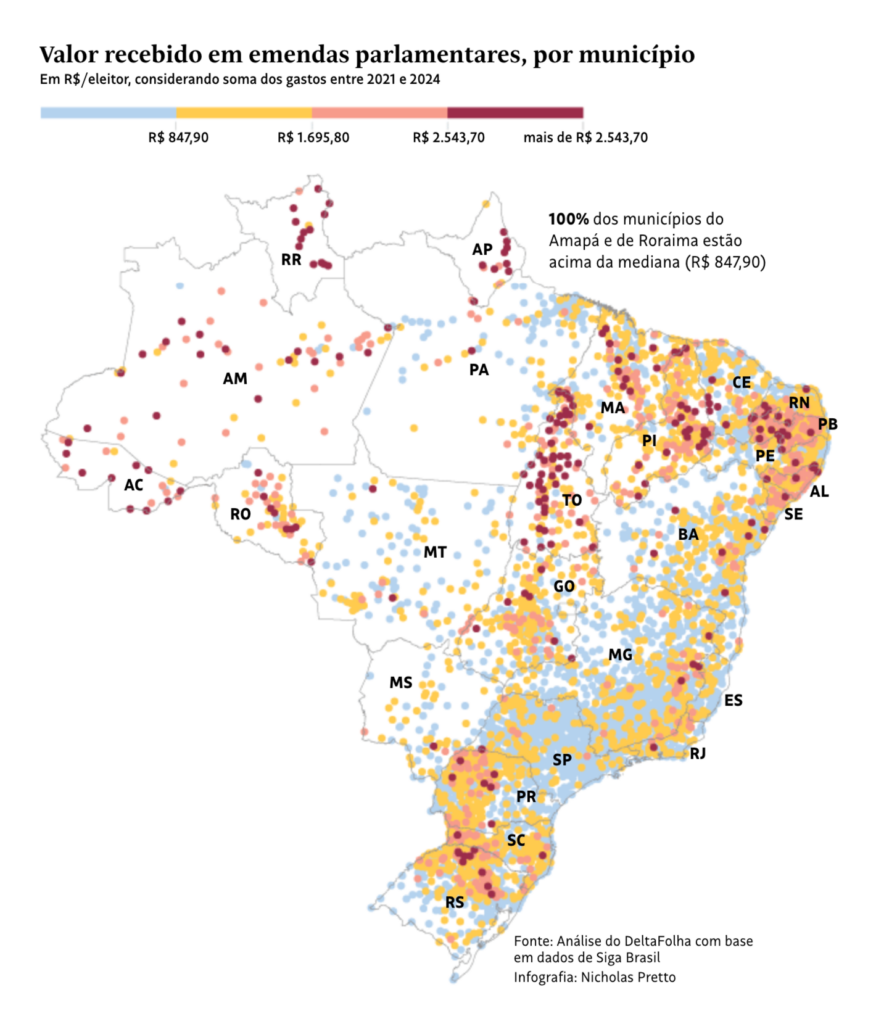
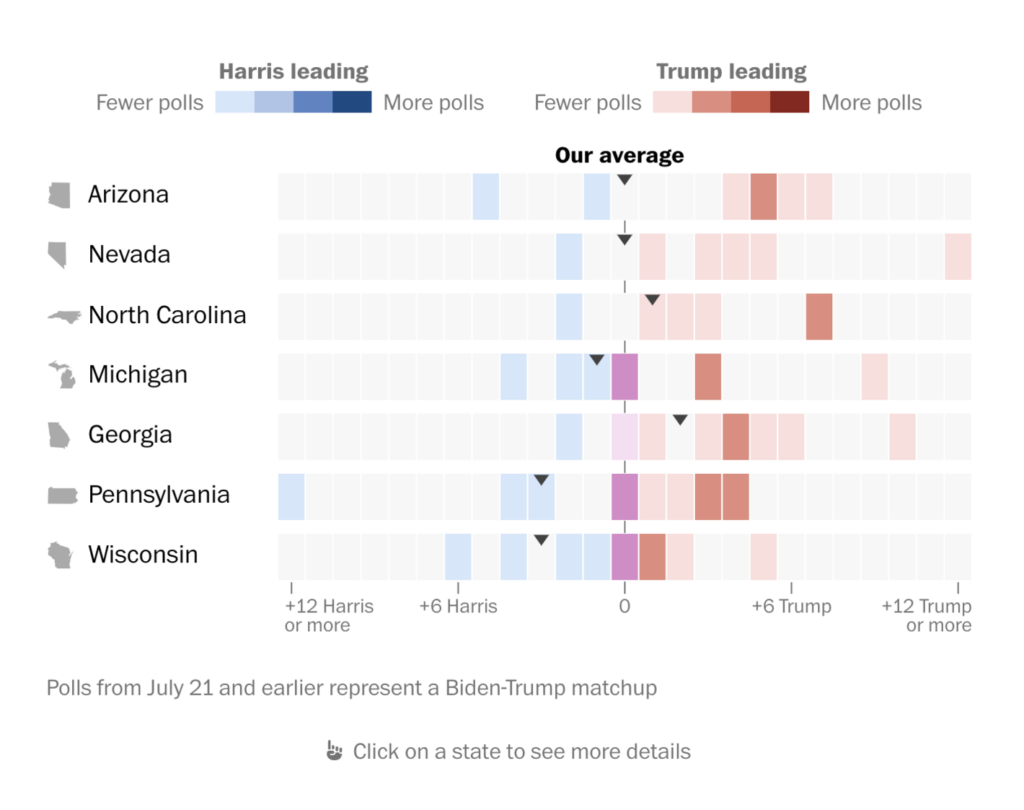
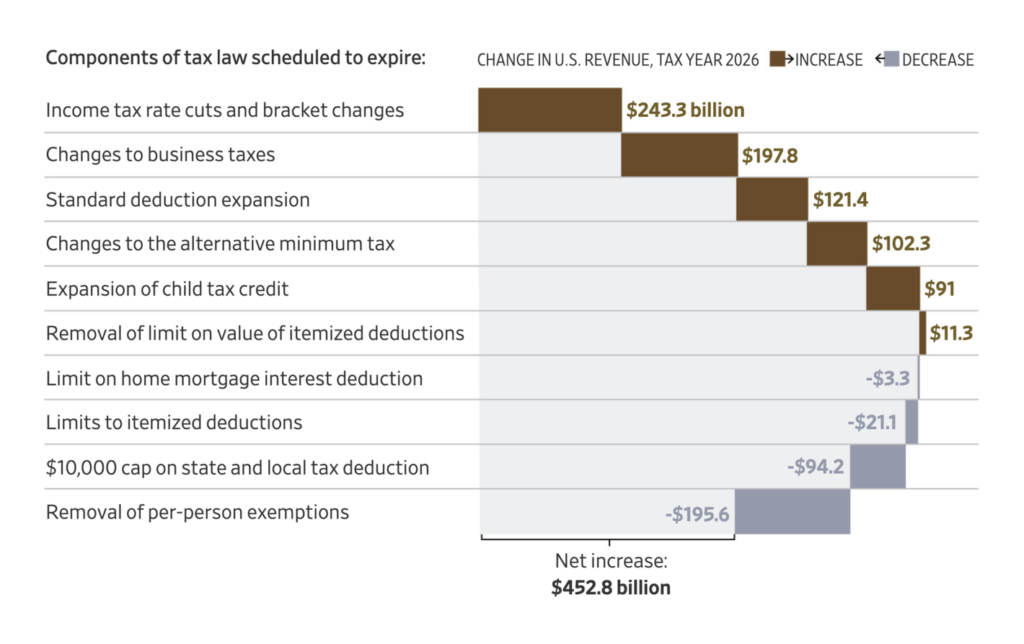
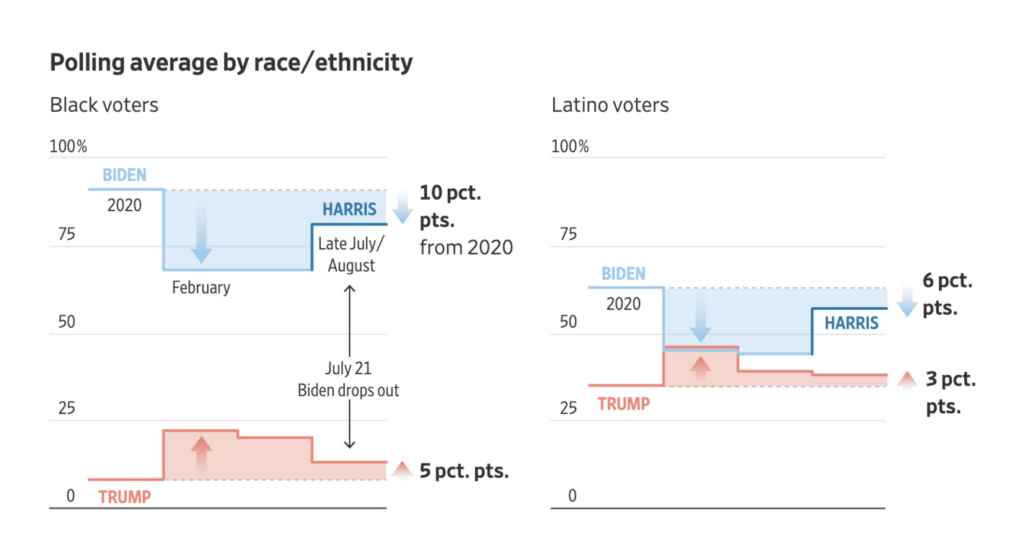
And now, finally, the present: Two eastern German states, Thuringia (top three visualizations) and Saxony (bottom two), held state elections last week. The states saw a shift to the right, especially among young voters, with the only party to steal points from the far-right AFD being a recently founded party, BSW. The parties currently in power at the federal level have all seen a drop in voters:
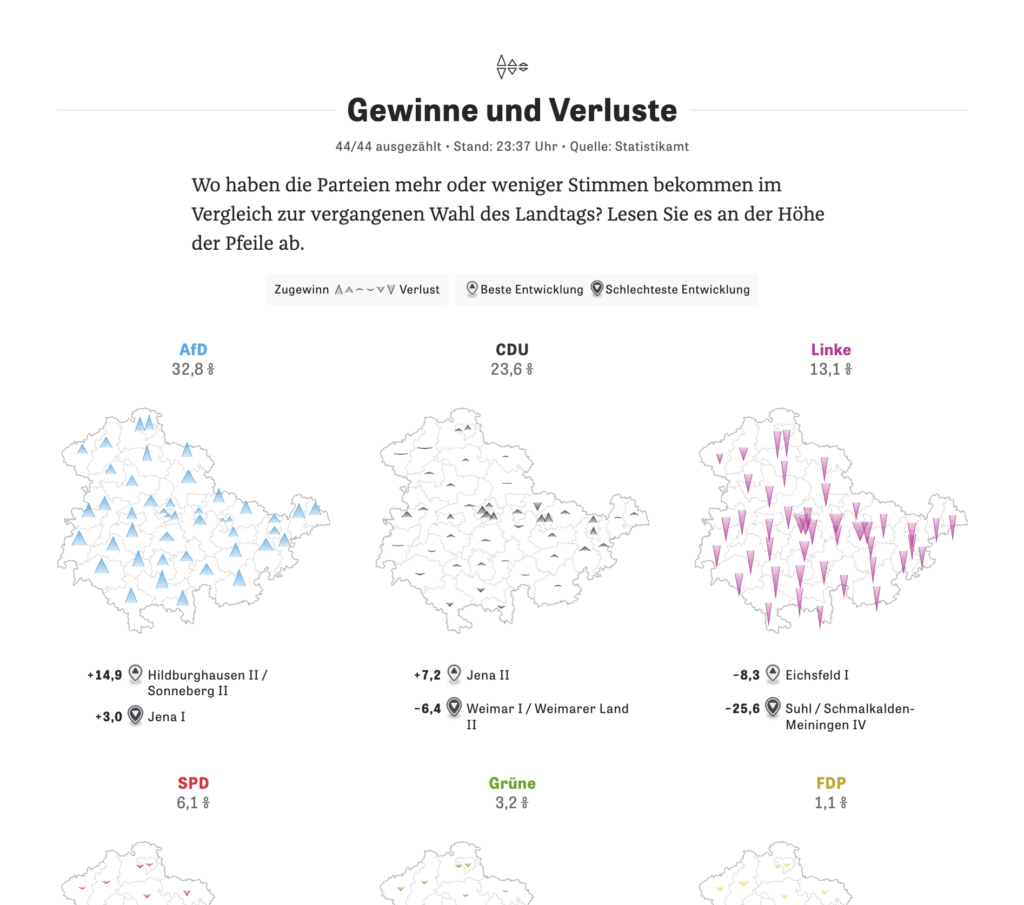
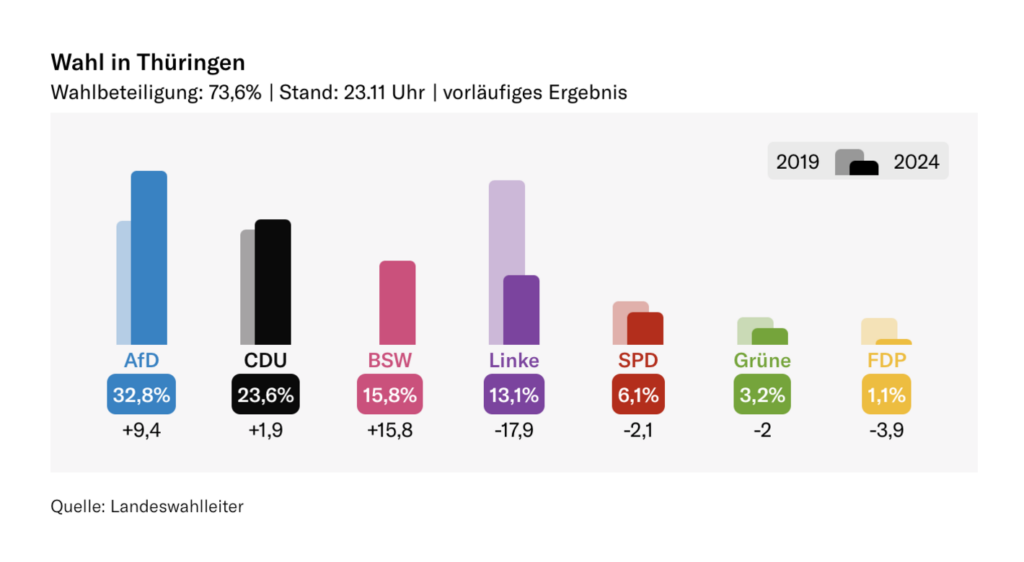
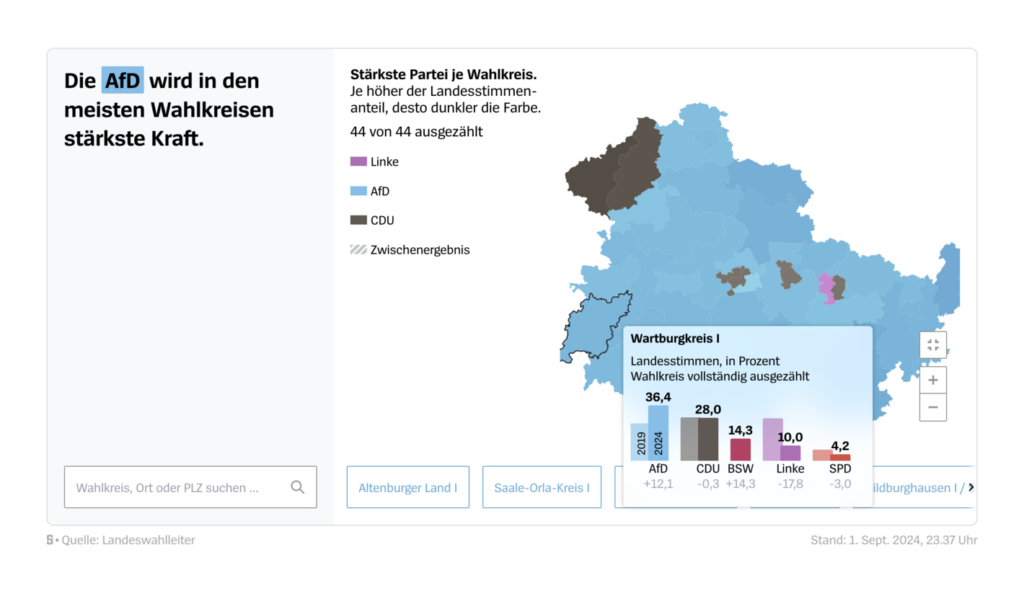
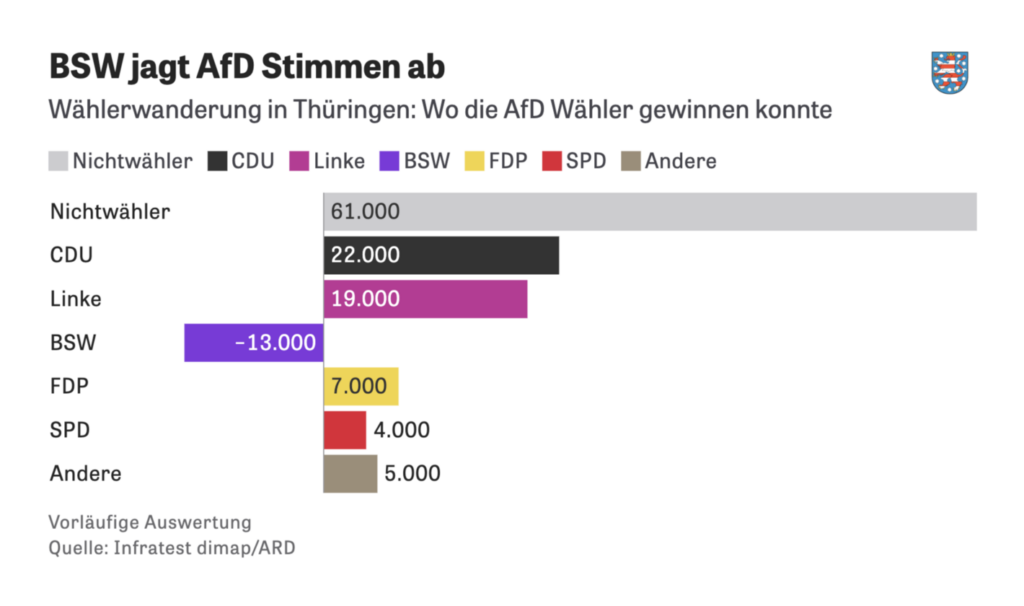
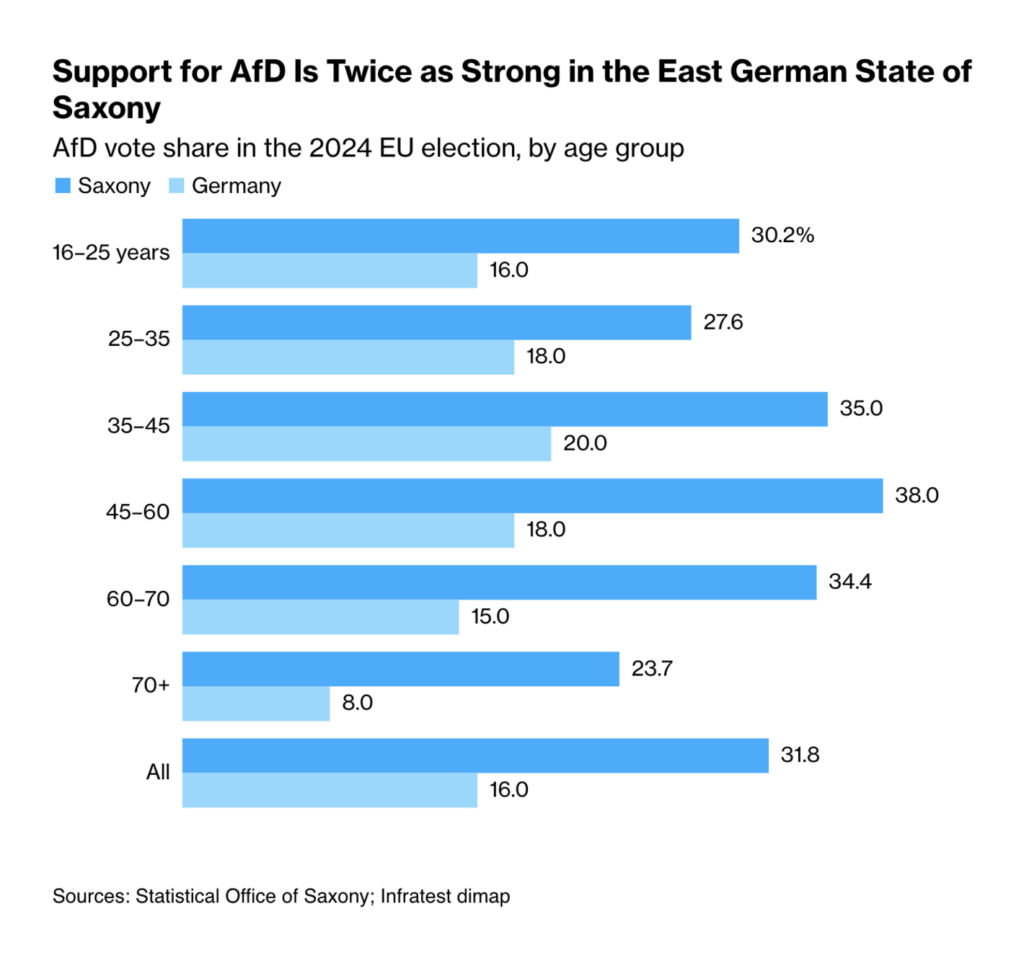
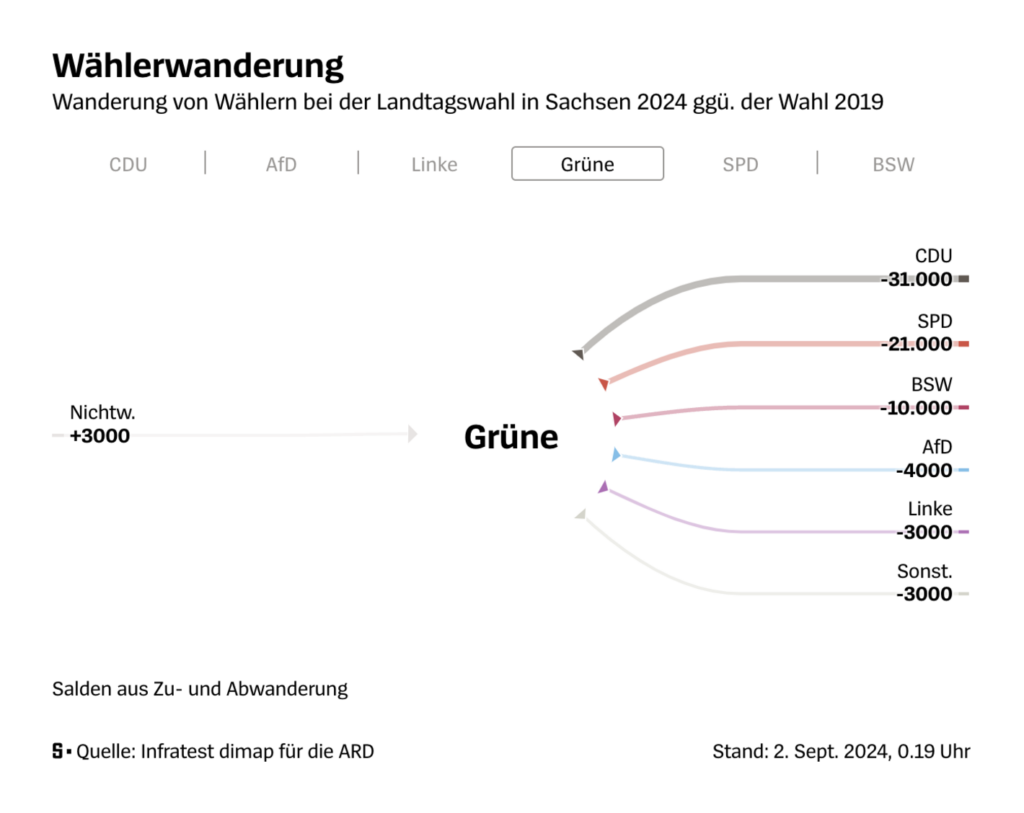
Analyses of voting behavior focus on the increased presence of fringe parties of the political spectrum in speeches, the lack of members of former ruling parties in the eastern states, and immigration as a major factor in the vote.
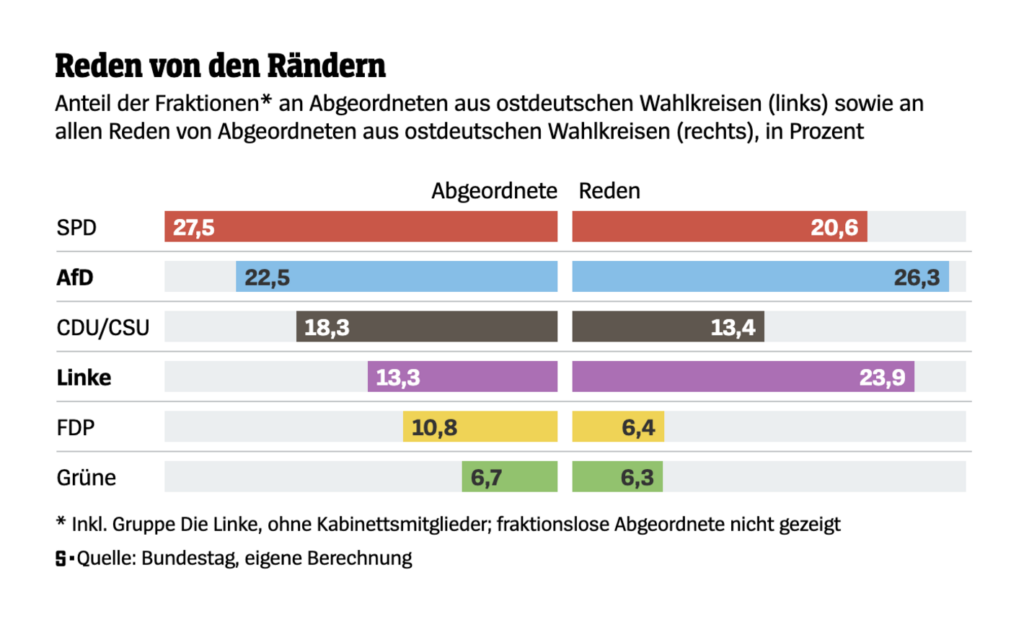
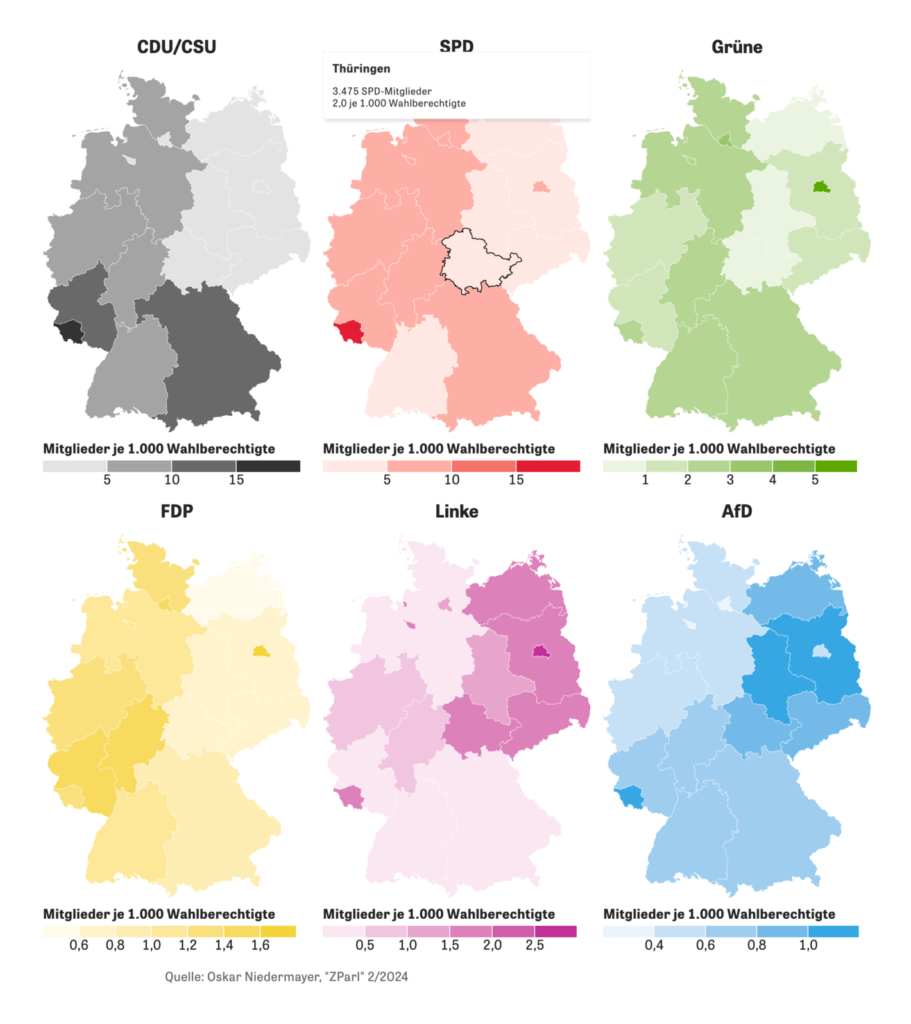
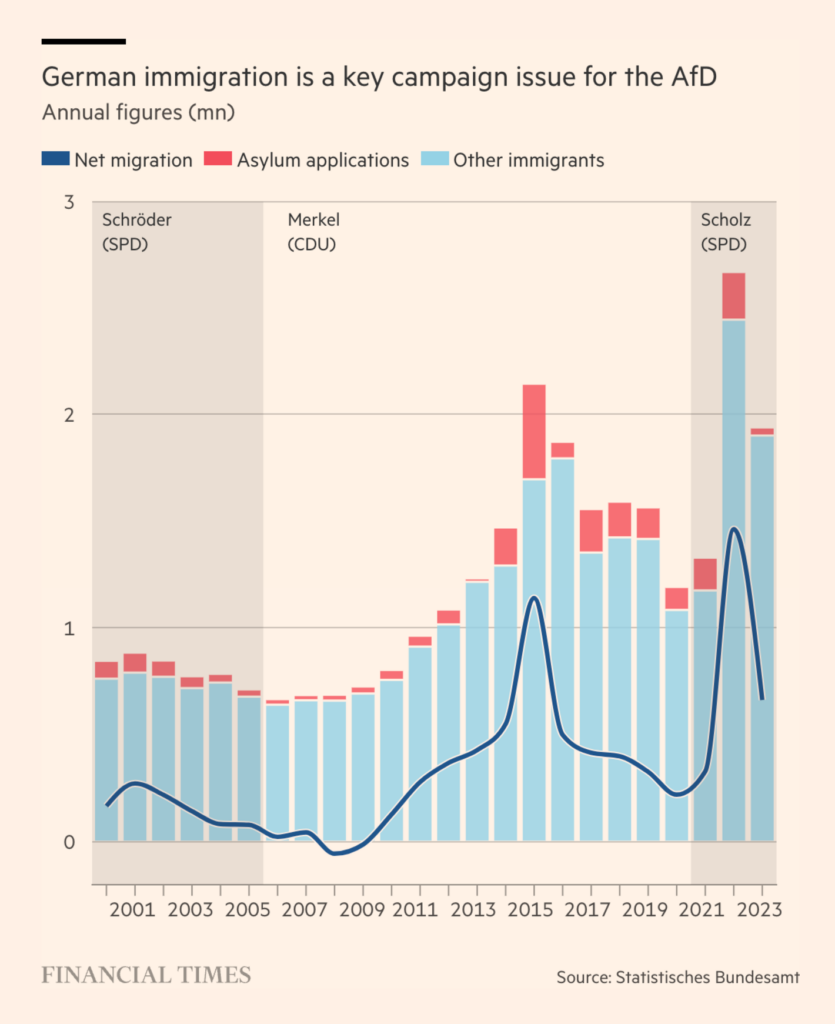
But immigration is not only a big issue in Germany. Spain has a long history of immigration via various sea routes, which is currently on the rise again:
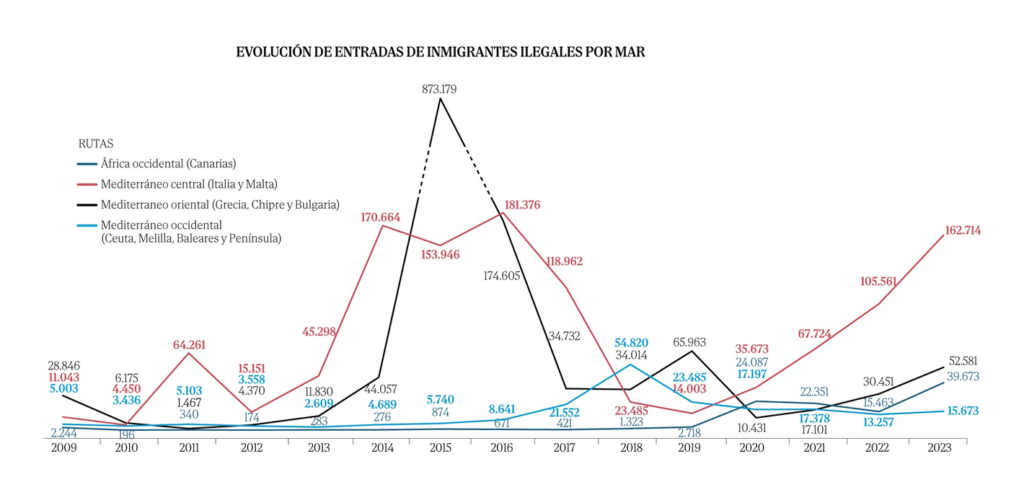
In other news: The Paralympics have begun and run until September 8. Also, take a look back at the performances of British athletes at this year’s Olympic Games:
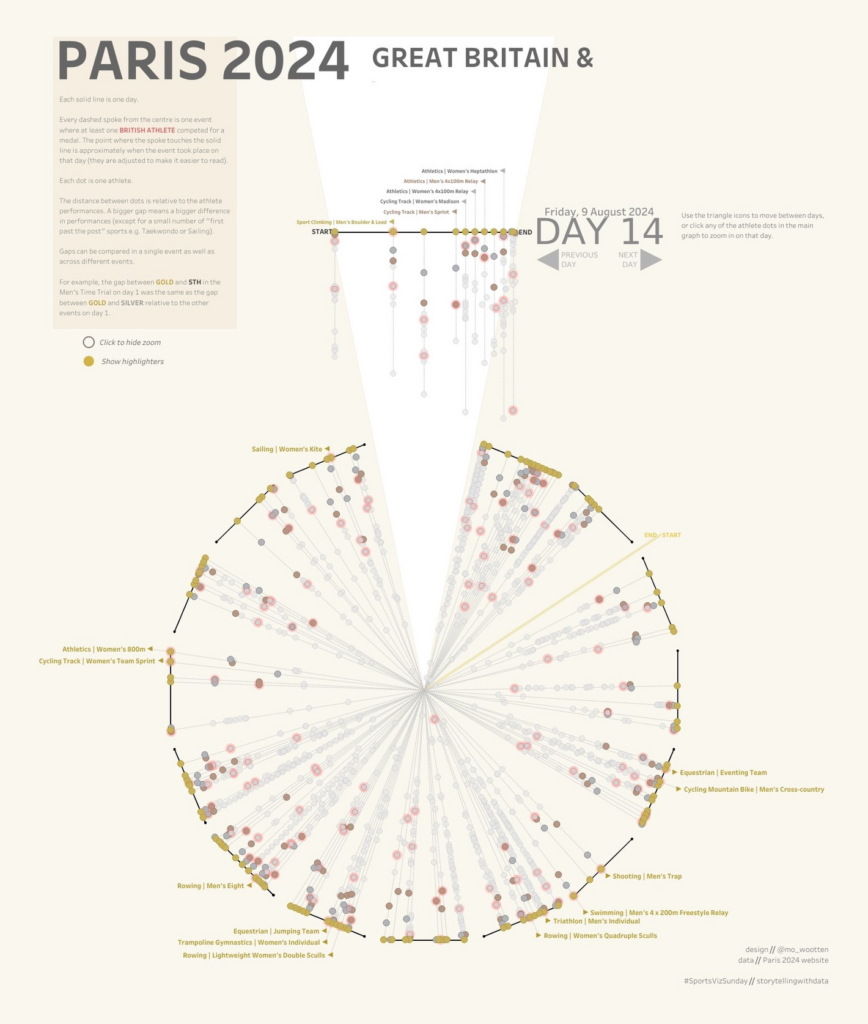
Maps of Ukraine and Russia tell of reciprocal advances in each other’s territories:
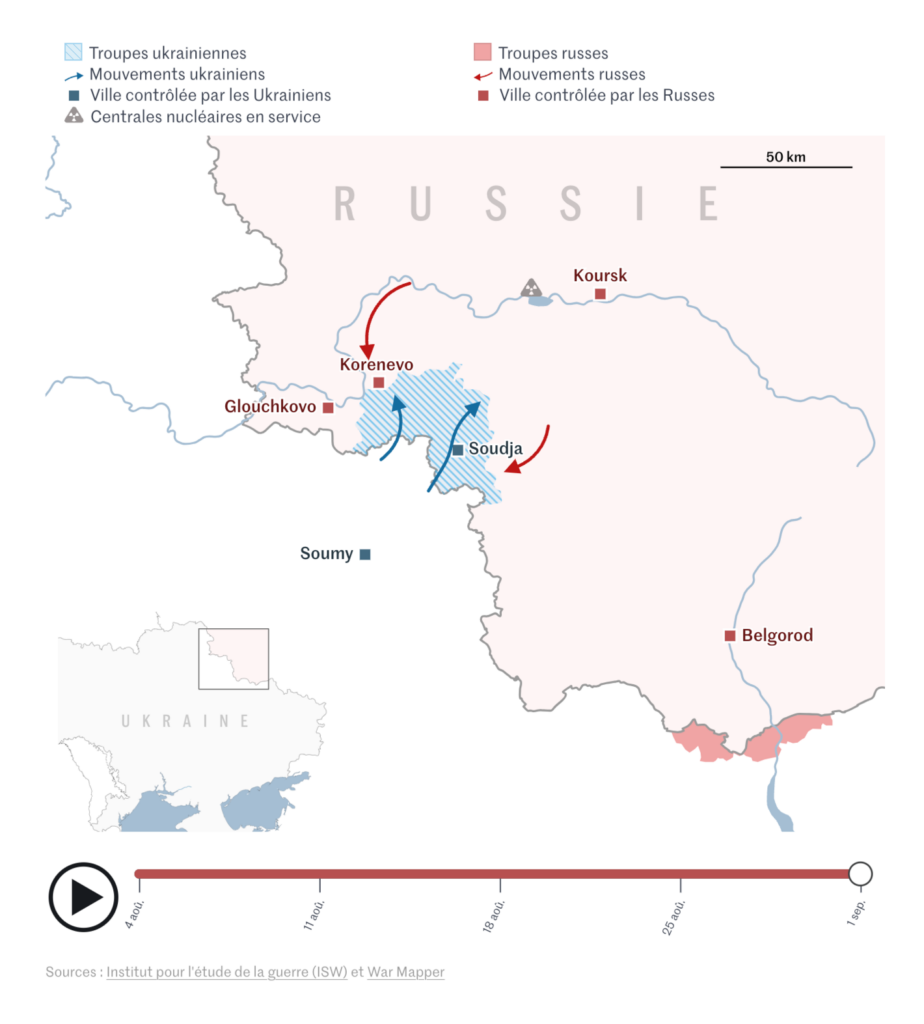
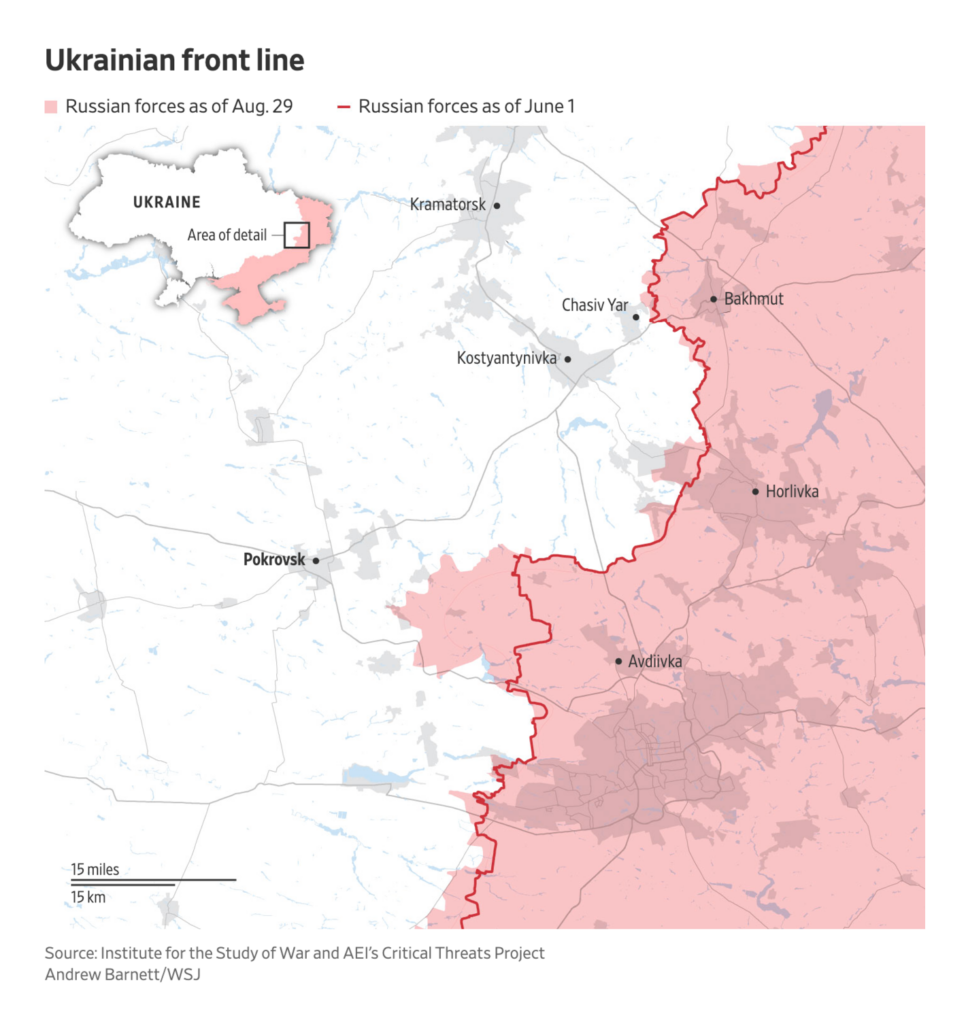
In this week’s environmental visualizations, we see a project about air quality and one about summer:
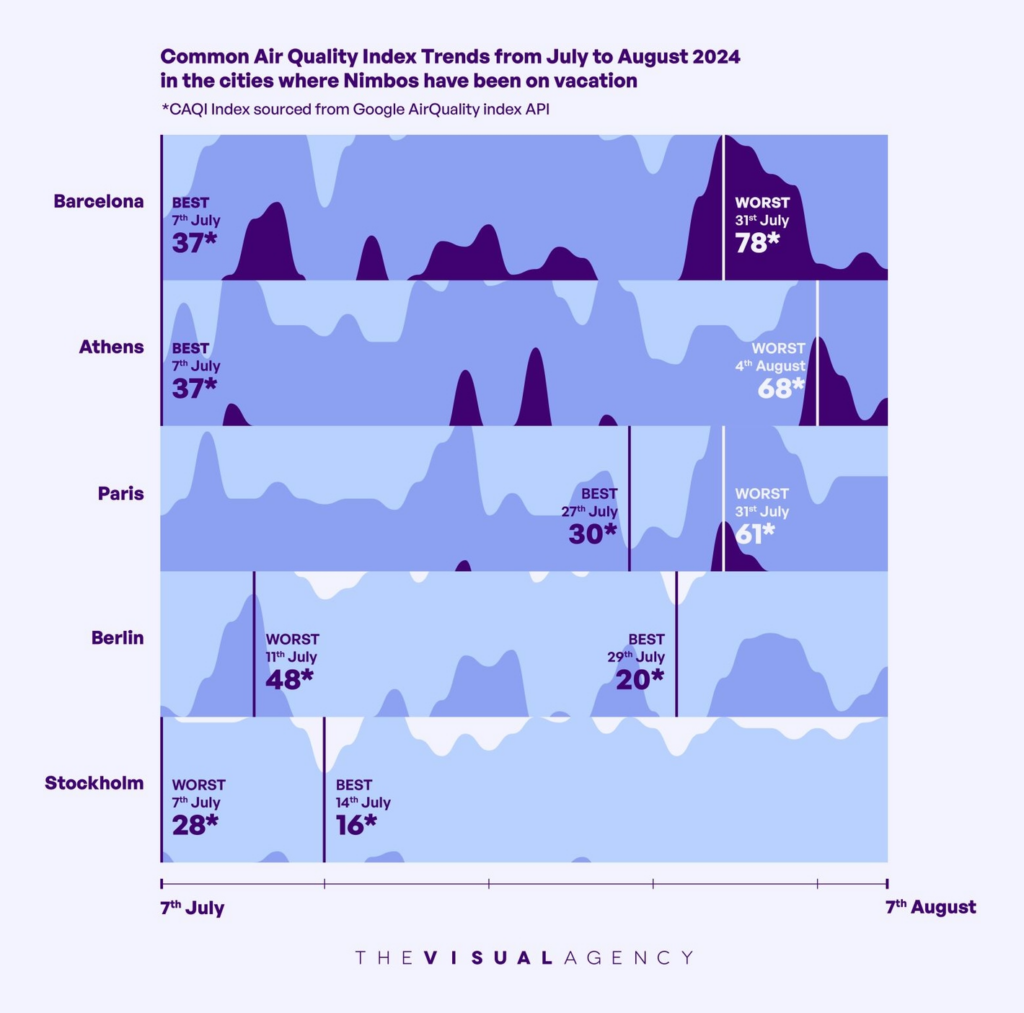
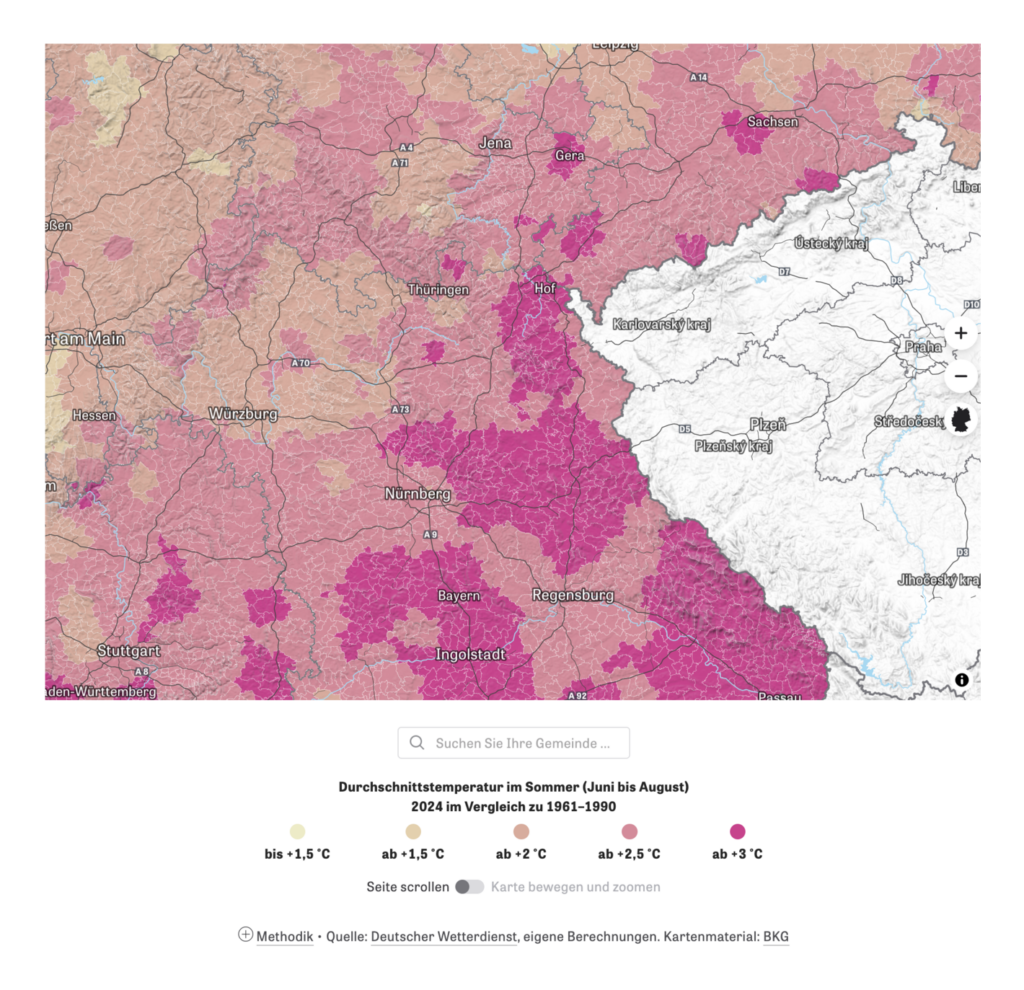
What’s going on with young people these days? Their school supplies are getting more expensive and safe sex is not as important as one might think:
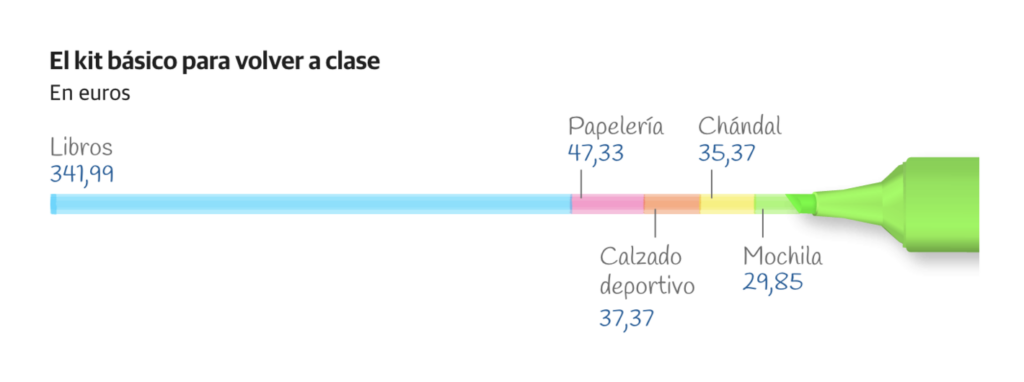
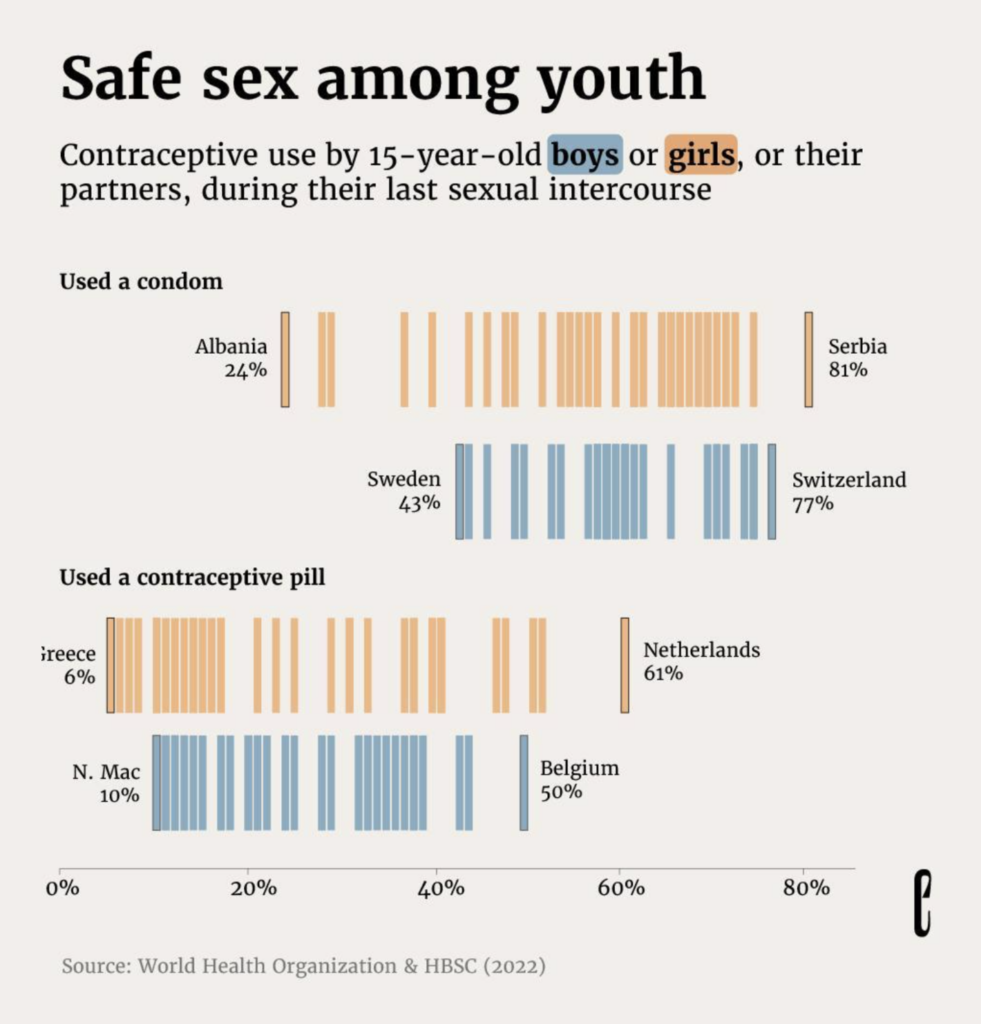
We’ve looked at youth, so it’s only fair to look at age too. Apparently there are waves of aging, because of biomolecular shifts:
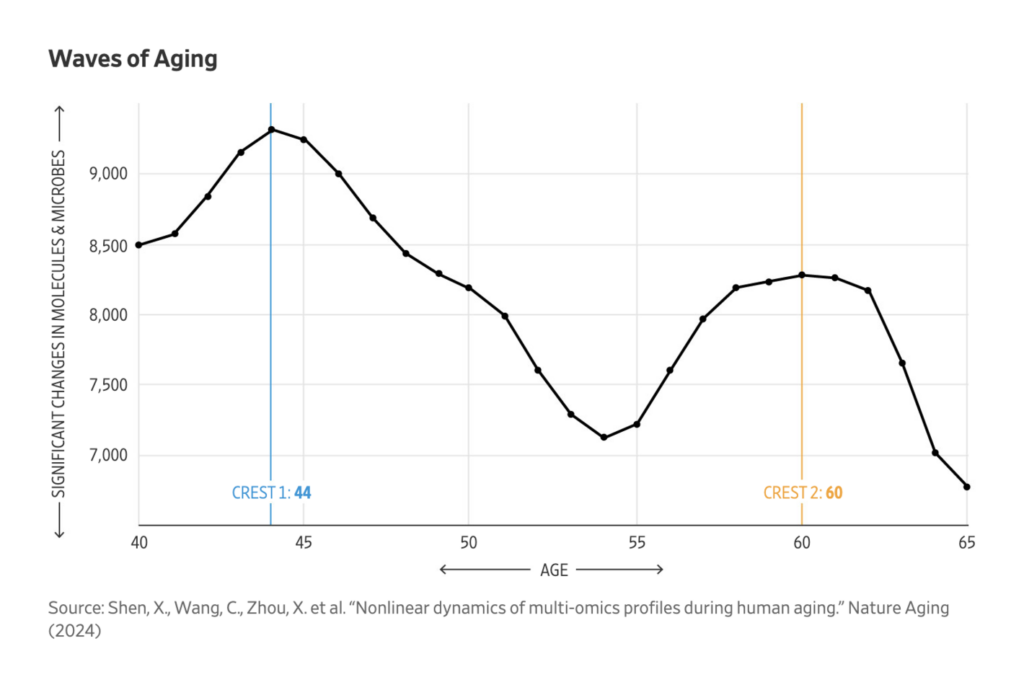
We end this Dispatch with what all of our lives end with: Death. The Economist published a detailed story about robust cars and how they may save the people inside, but are more likely to kill others involved in the accident:
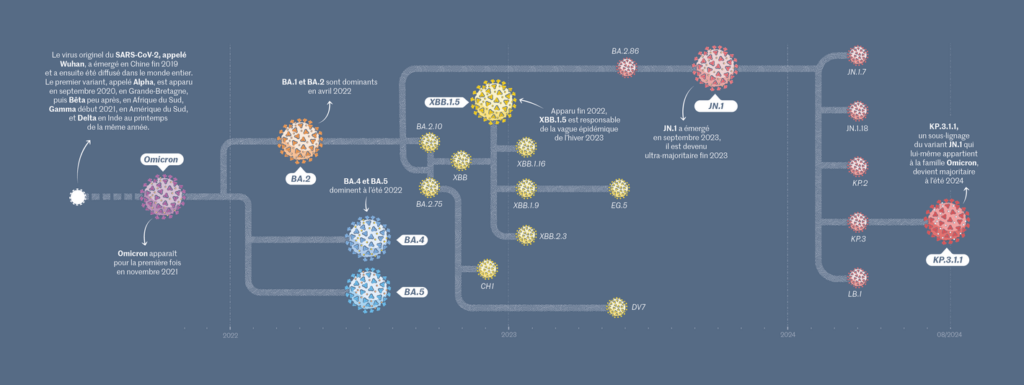
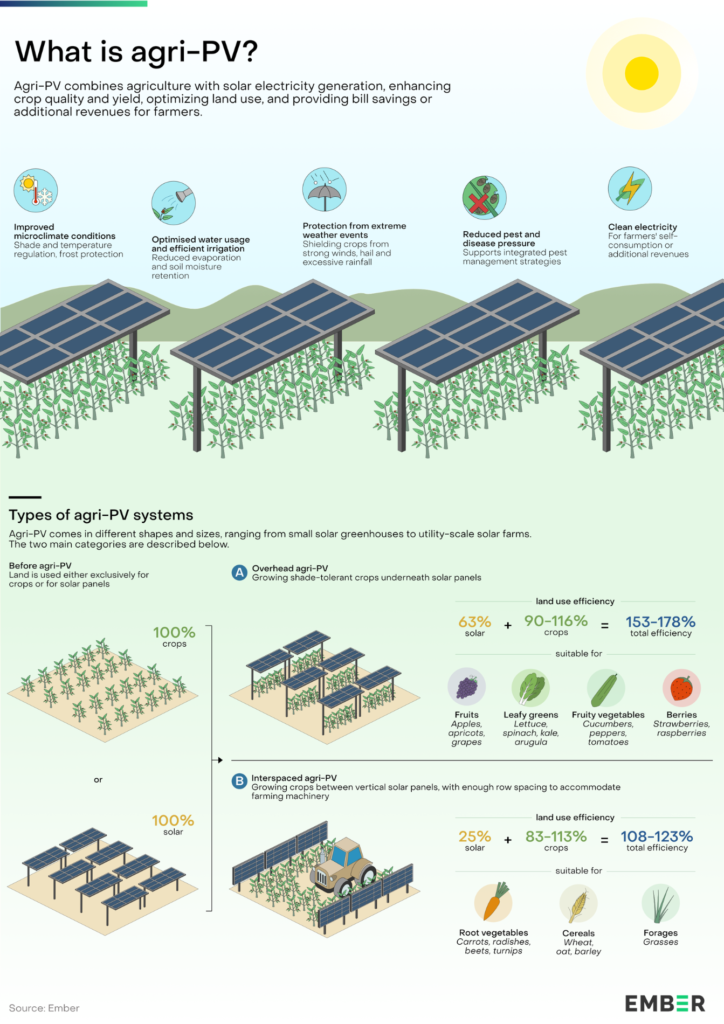
Applications are open for…
Help us make this dispatch better! We’d love to hear which newsletters, blogs, or social media accounts we need to follow to learn about interesting projects, especially from less-covered parts of the world (Asia, South America, Africa). Write us at hello@datawrapper.de or leave a comment below.
Want the Dispatch in your inbox every Tuesday? Sign up for our Blog Update newsletter!
Comments